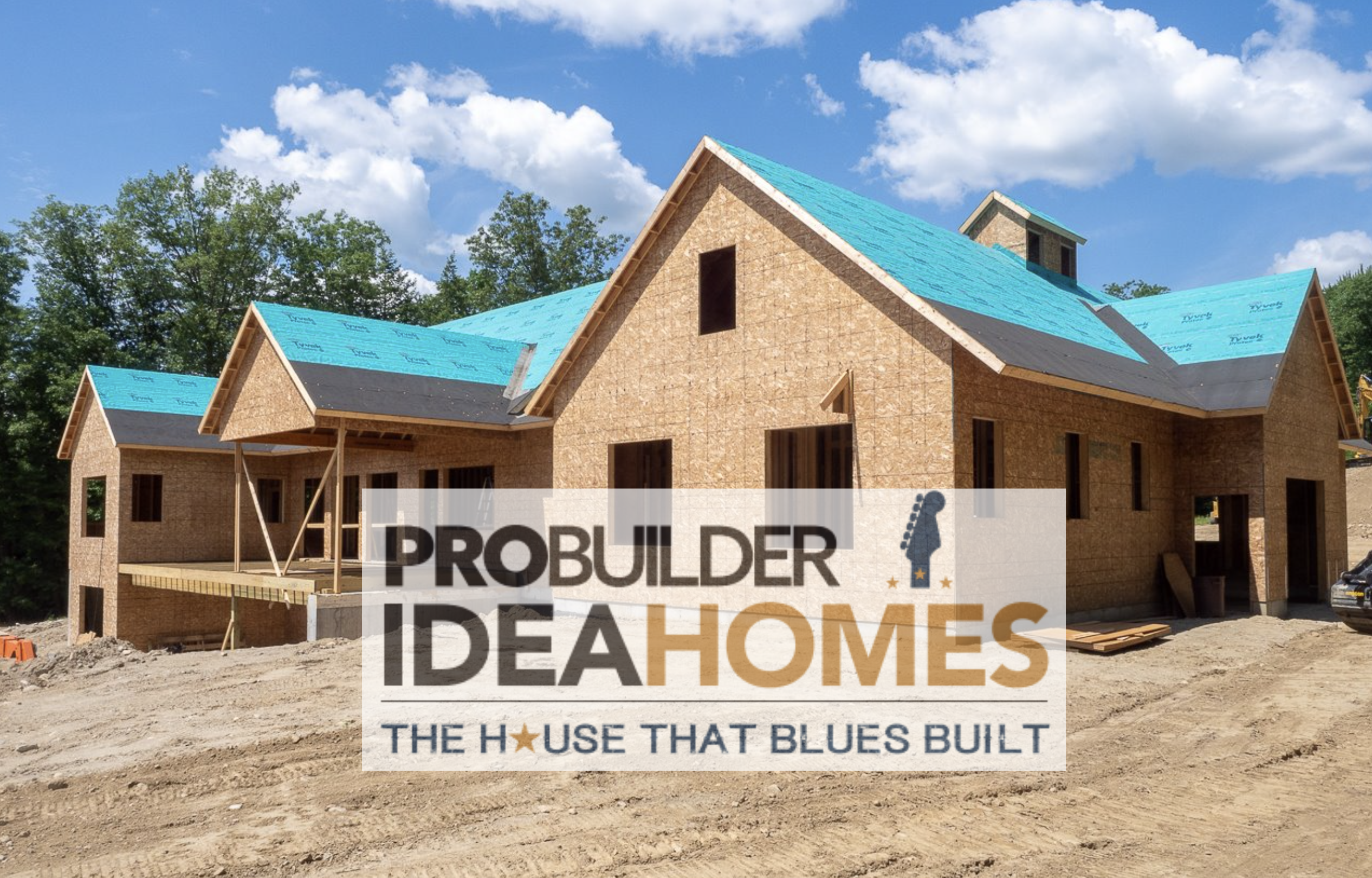
I build exclusively on the waterfront on Cape Cod and the islands off the coast of Massachusetts, where conservation-board hearings are an inevitable part of the approval process. During my 30 years in business, I’ve seen how personal those hearings can get, sometimes generating all the heat of a presidential debate. As frustration builds between the client’s representative and individual board members, accusations fly, people ask irrelevant questions, and sometimes litigation ensues. It’s aggravating, but some of it can actually be avoided.
Conservation commissions are usually made up of unpaid local volunteers and a paid administrator, and they have a lot of power. They’re supposed to protect wetlands, coastal banks, and other natural resources and enforce regulations and other bylaws—not try to extend their level of authority—but unfortunately that does happen in some cases. Discussions drift off-track, public meetings are prolonged, and cooler heads don’t always prevail. This directly affects us as builders, since it delays our projects and stalls our cash flow.
To further complicate things, neighbors who bought much less expensive property sometimes attend the hearings to object to the proposed project for any number of reasons. The truth is, most of them are upset at the prospect of losing their water views.
Here are a few examples of the wacky goings-on I’ve witnessed in conservation-board hearings.
1. A neighbor claimed that a Native American burial ground existed on property that my company was about to develop. The claim later proved to be false.
2. Another neighbor objected to my client’s new, legal 6-foot fence because it partially obstructed a water view. I attended a legal hearing on site with 15 people, including state and local wetlands representatives as well as attorneys representing both the client and the government agencies. This resulted in astronomical legal expenses for both sides that could easily have been avoided with good communication.
3. One client was denied approval for a private pier where the water depth at the end of the pier was 32 inches instead of 36 inches, even though both adjacent neighbors had piers that were approved under previous regulations.
Here’s how costly delays can be. I built a spec home that didn’t sell for 18 months because a simple pier took that long to get approved. I had to pay big financing fees at 13 percent interest, which cost me the entire profit for the project. Within a week of obtaining approval for the pier, I received three offers for the house and sold it.
Admittedly, there’s not much we can do to change people’s personalities or attitudes. However, a lot of pointless arguing and contentiousness can be avoided if clients prepare their application properly, hire a good team, consult with officials early on, and comply with local and state regulations. We advise our clients to hire a professional engineer who is familiar with the local conservation board and experienced in making presentations. It could save everyone involved thousands of dollars and months of hearings and planning frustrations.
Ralph Cataldo is president of Cataldo Custom Builders, in East Falmouth, Mass.
Related Stories
Custom Builder
HUD Secretary Marcia Fudge Announces Forthcoming Resignation
U.S. Department of Housing and Urban Development Secretary Marcia Fudge has said that she intends to leave office later this month
Business
Expanded Tax Credit for Energy Efficient Homes Will Benefit 'Eligible Contractors'
IRS guidance on the expanded 45L tax credit for energy efficient homes includes new opportunities for contractors
Custom Builder
How the Zero Energy Ready Home Update Emphasizes Resilience and Decarbonization
ZERH Version 2, released in December of 2022, will boost the efficiency and performance of single-family homes, preparing them for the increasingly oppressive weather
Codes & Standards
An Introduction to the Zero Energy Ready Home Program
Late in 2022, the U.S. Department of Energy's Zero Energy Ready Home program announced the rollout of ZERH Single Family Version 2
Business
Stretching the Budget to Meet the Massachusetts Stretch Code
We take a look at Massachusetts' Stretch Code and how it's affecting design and construction on The House That Blues Built
Government
What the Passage of House Bill 4715 Means for Interior Designers
The state of Illinois recently passed House Bill 4715, acknowledging the essential duties of interior designers in the built environment, but it’s not the first state to pass such legislation, and advocates say it also won’t be the last.
Leadership
Cannabis Workplace Policy and the Weed Minefield
Builders need skilled labor, but should their workplace policy drop zero tolerance for cannabis and risk taking on more liability?
Government
U.S. House sends shot across bow of EPA on water rule
The U.S. House of Representatives approved legislation that proponents contend would prevent federal overreach by the EPA and U.S. Army Corps of Engineers.
Business
FHFA begins first transactions of REO rental program
The Federal Housing Finance Agency (FHFA) has begun the first pilot transaction of its program to turn foreclosed Fannie Mae and Freddie Mac homes into rental properties, according to HousingWire.
Business
McIlwain: 3 steps to help the housing market
With the housing market in a lethargic recovery, John K. McIlwain of the Urban Land Institute offers three ways to help revive the market.












